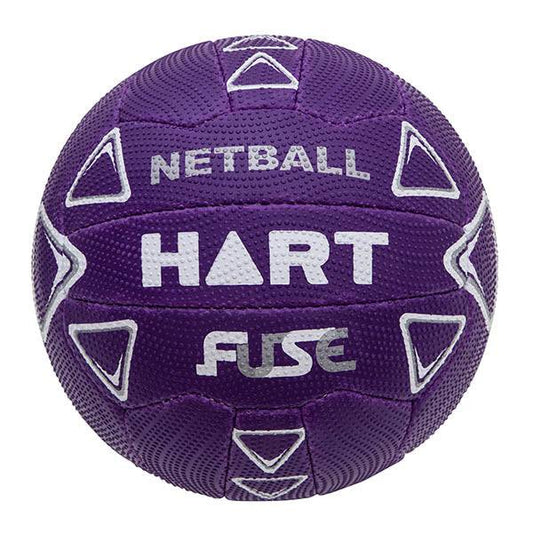Why Is Weight Training Good For Me
The benefits of weight training (also known as resistance or strength training) are well documented, and ongoing research continues to support the value of resistance exercise when performed consistently in conjunction with a healthy diet. Long ago in hunter-gatherer societies, human skeletal muscle received a workout via the performance of various daily tasks. Exercise was a necessary element for a healthy existence. If human’s did not exercise, their quality of life was poor and expected lifespan short. Genetically, today’s human body is largely unchanged from earlier times, relying on cardiovascular and weight training in conjunction with a healthy food source to create genetic adaptations to improve heath and wellbeing. The health benefits obtained from weight training are numerous.
Reducing Body Fat
Excessive body fat is associated with health problems such as elevated cholesterol, blood glucose and resting blood pressure, all of which are known to increase the risk of type-2 diabetes and cardiovascular disease. Research shows that weight training increases our resting metabolic rate, the rate that we burn calories every day. The more often we train using weights, the greater the number of calories that are burnt due to an increase in a muscles need for fuel. An increased number of calories burnt per day whilst consuming a sensible dietary intake may produce a leaner, more toned body.
Visceral Fat
The desire to reduce abdominal fat is a popular one for aesthetic reasons, but losing belly fat is crucial for many on a medical level. Abdominal obesity often indicates a high level of what is known as visceral fat. Visceral fat is the fat that exists deep between your internal organs and an elevated level of this fat puts an individual at risk for insulin resistance and glucose intolerance as seen in diabetes, and an unhealthy relationship of “good” to “bad” cholesterol. This visceral fat is also associated with cardiovascular disease, Alzheimer’s and some forms of cancer. Despite research reporting that aerobic exercise is the most efficient means to reduce visceral fat, weight training will improve strength and muscular endurance, which will allow us to exercise at the intensities required to decrease the visceral fat in the body efficiently.
Bone Density
Without weight training to strengthen muscles and bones, most people face a midlife slide into flabbiness and its associated ills. And as we grow older, strength training becomes increasingly more important to offset age related declines in bone density (osteopenia) and lean muscle mass (sarcopenia) that have the potential to influence frailty and bone fracture. Research suggests that adults who do not weight or resistance train may experience a 1% to 3% reduction in bone mineral density (BMD) every year of life. Further, given that 90% of hip fractures occur due to falls, engaging in activities that increase strength and balance will assist to decrease the risk. Weight training, performed at a minimum of 2 non-consecutive days per week can be one of the best ways to increase bone density in the axial skeleton ie. hip and spine naturally and prevent falls.
Blood Pressure
The Heart Foundation reports that in 2011/12 4.6 million Australians aged 18 years and over had high blood pressure. Of this number, 3.1 million Australians had uncontrolled or unmanaged high blood pressure. Given the effects of high blood pressure are serious and widespread, ranging from heart failure to stroke, kidney failure and dementia, it is logical to take steps early to prevent such an outcome. During bouts of weight training, both aspects of a blood pressure reading (systolic and diastolic pressures) may show dramatic increases, suggesting that those with known cardiovascular problems or associated risk factors should speak with their doctors before starting. More dynamic forms of resistance training such as circuit training, that involve moderate resistance and high repetitions with short rests are linked to reductions in blood pressure and would be the preferred method of exercise. The effects of resistance training on blood pressure are varied and the reasons why require further research to provide a better understanding of the role that weight training plays in blood pressure management.
Mental Health
The benefits of performing weight training for improved mental health has been reported to be valid, assisting those with a vast array of disorders ranging from fatigue and anxiety, depression, poor sleep, mental distress, cognitive issues and low self esteem. The changes responsible for the effects of weight training on mental health issues are currently debatable, with research suggesting that complex networks of neurophysiological adaptations (changes in the brain) are directly and indirectly influenced when resistance training up to 3 times per week. Improvements in nervous system function and cognition, in conjunction with increased neurotransmitter release and improved oxygen supply to the brain due to increased blood circulation all promote what is ultimately considereda greater sense of wellbeing. The evidence is impressive in explaining how weight training can improve several major mental health issues including cognitive function. An exercise professional's bottom line message to clients is clear and simple. For a mental, and physical lift, you should weight lift!
- Written by Ben Tanner - Lead Physiotherapist at HART Active.





































